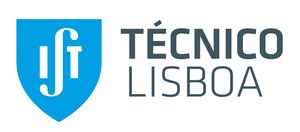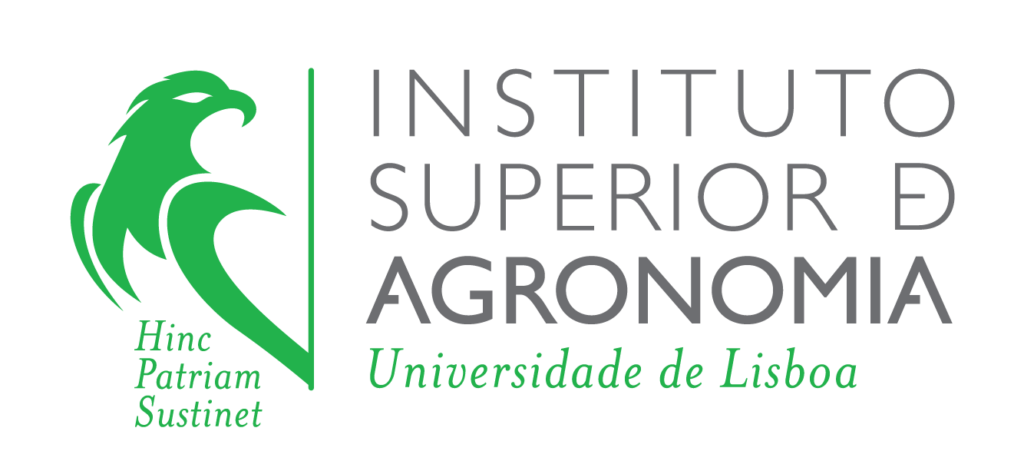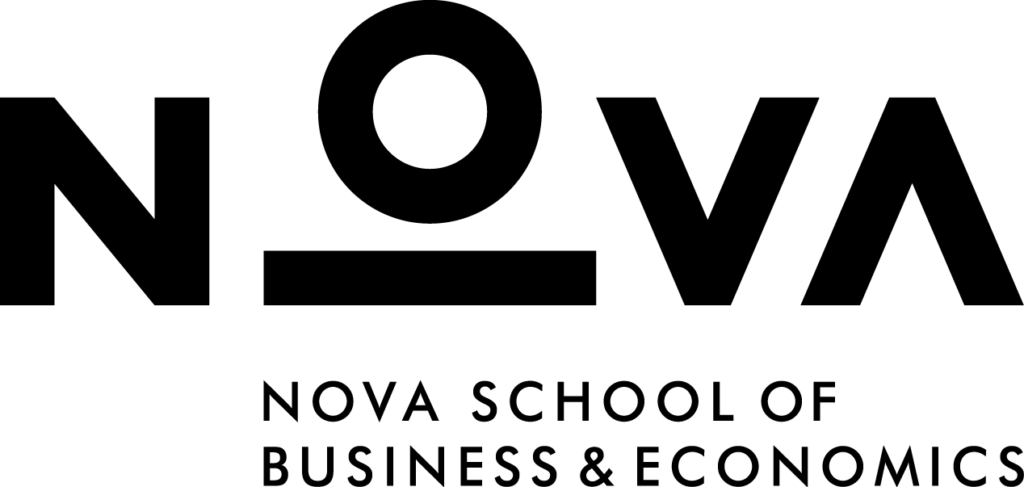EcoPeak4Fish
An integrated approach to support self sustaining fish populations downstream hydropower plants
Can we ensure the sustainable development of hydropower energy without compromising the riverine ecosystem, in particular freshwater fish, while maximizing the economic feasibility of HPP?
We believe that well planned and cost-effective measures involving the placement of flow-refuges or adapting the hydropower plant operation scheme can ease the impacts on fish without compromising the energy production.
4E's of EcoPeak4Fish
Ecosystem
The flowing waters are the base of a river ecosystem, which include the biotic (living) interactions among fish, other animals, plants and riparian vegetation and macroinvertebrate, as well as abiotic (nonliving) physical and chemical interactions of its many parts.
River ecosystems are prime examples of lotic ecosystems, which means flowing waters. Among other animals and macroinvertebrates rivers are the habitat of different and unique fish species.
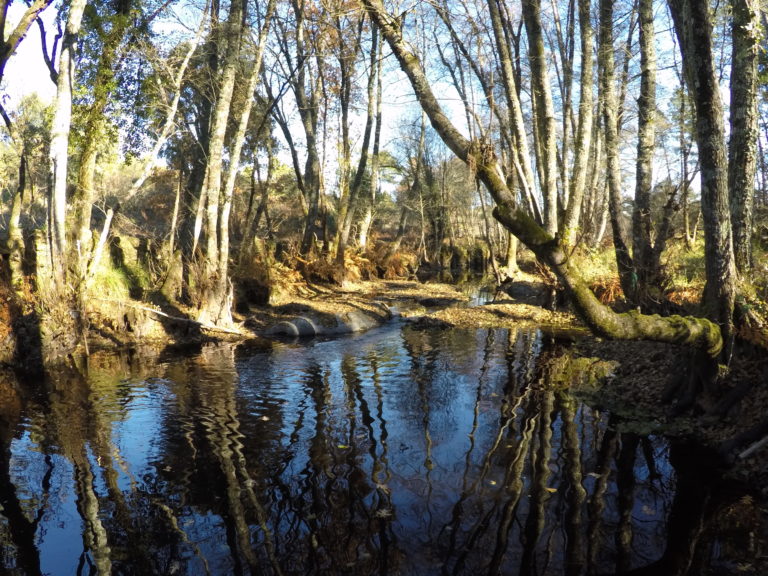

Ecology
To understand fish ecology first, we need to understand the relationships between fishes and their environment. Fish ecology is dependent on the inter-relationships between fishes and the aquatic habitats they occupy.
The knowledge of fish habitat ecology for different fish species and its life stages is therefore a fundamental requisite for sustainable fish conservation and management, especially when other water uses, such as hydropower, are at stake.
Engineering
Hydropower maintains a prominent position amongst renewables, while being available to quick replace solar and wind and respond to electricity demand, thus contributing to reduce CO2 emissions and cope with climate change.
Therefore, we need to invest in mitigation measures to ensure the development of self-sustainable fish populations downstream hydropower plants. The development of mitigation measures has to consider their durability in life in a frequent changing environment guaranteeing their usage in the long term.
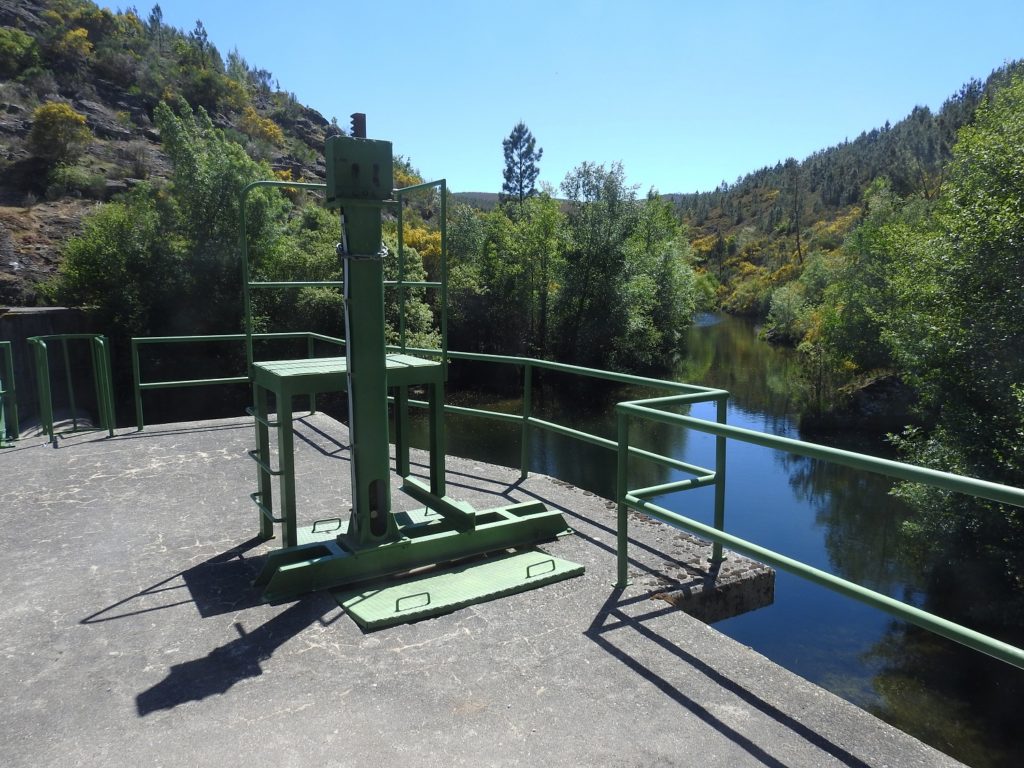
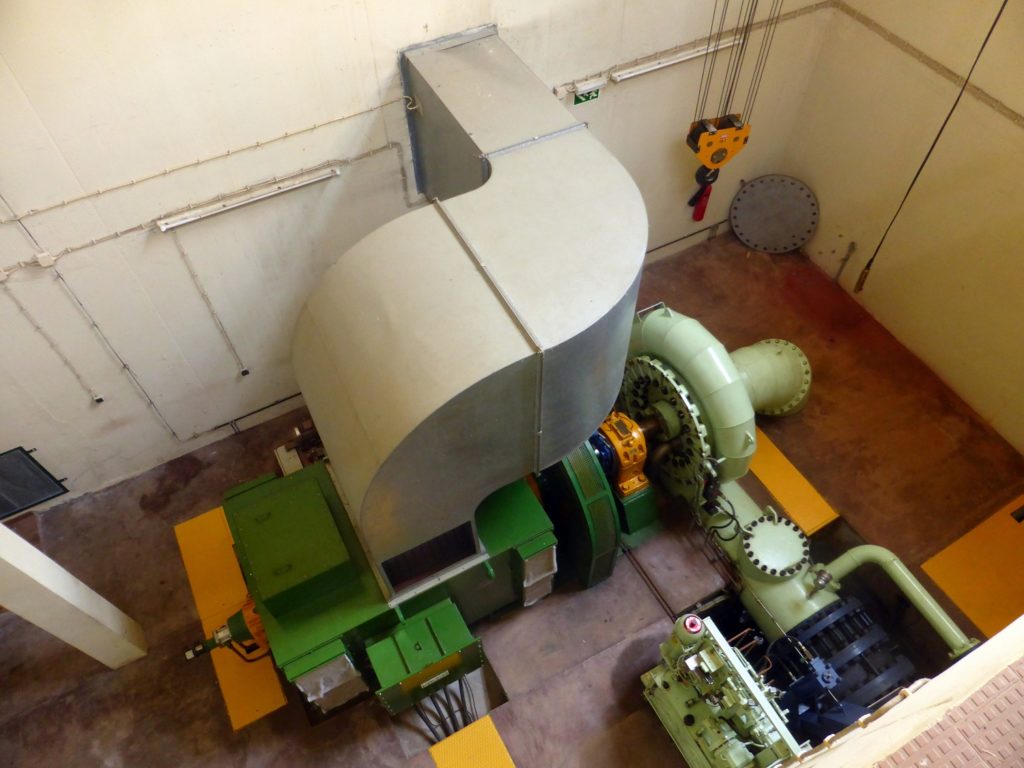
Economy
The need to increase both hydropower production and support the development of self-sustainable fish populations in a most cost-effective way and with maximum societal benefit is urgent and recognized in the European Green Deal and in the UN Agenda 2030 (Goals 6&15).
Recent news
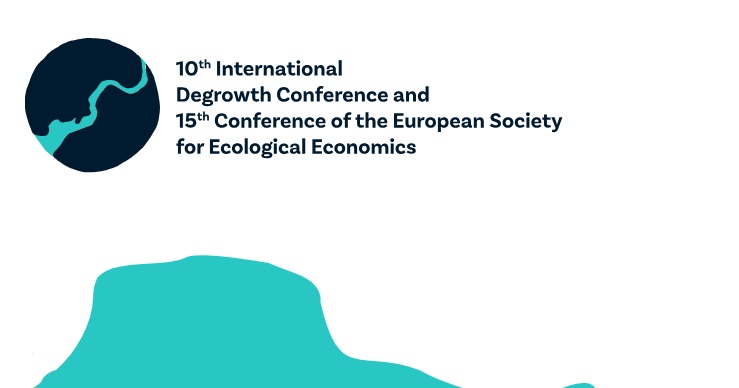
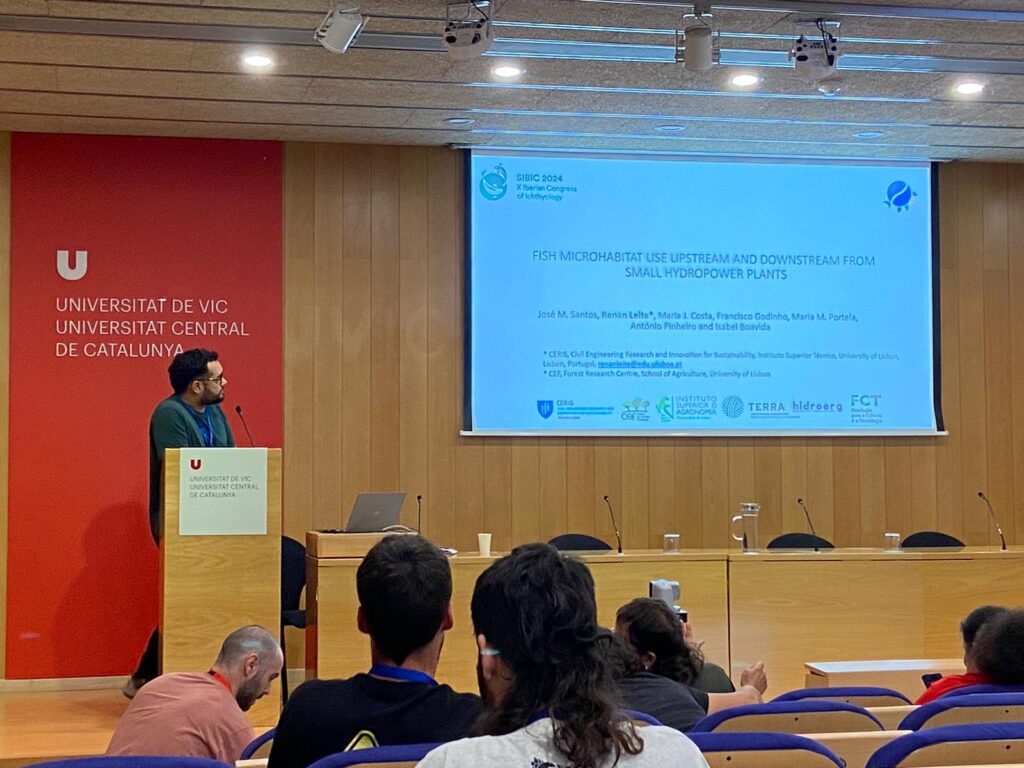
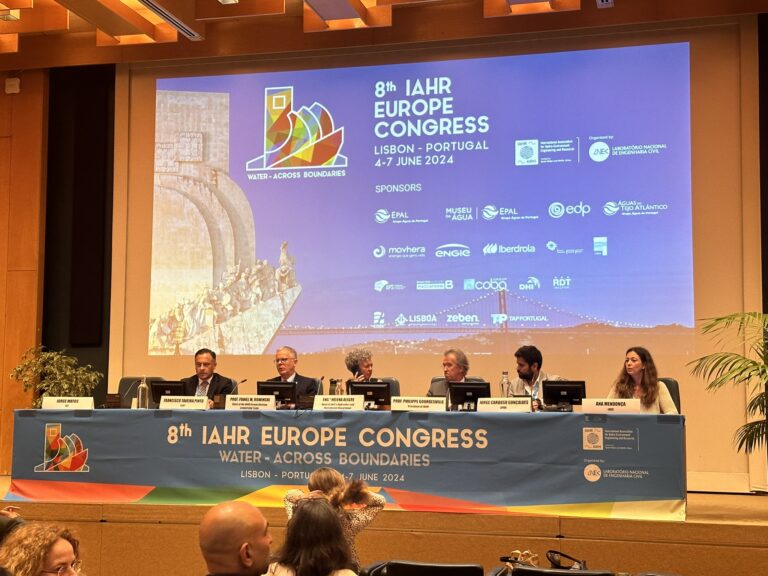
The MSc student Gabriele Ferrari attended the 10th International Degrowth Conference that took place in Pontevedra, Spain, from 18 to 21 June. Hosted by the University of Vigo, this year the conference consisted of a joint conference of the international degrowth research networks and the European Society for Ecological Economics.
Renan Leite, the PhD candidate at the University of Lisbon working on the EcoPeak4Fish project, presented the key outputs from the project at the X Iberian Congress of Ichthyology (SIBIC 2024) held in Catalonia from June 18-21, 2024.
In early June, Renan Leite and Isabel Boavida attended the 8th IAHR Europe Congress that took place in LNEC, Lisbon, Portugal. Renan Leite presented the results from the EcoPeak4Fish project. He was also short listed among 24 other candidates for the IAHR Gerhard Jirka Award for Young Researchers.
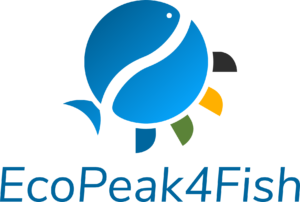
Subscribe our newsletter
Consider subscribing our newsletter to get information regarding next events, last updates and news from the project. We won’t be sending you too many emails, only important stuff.
